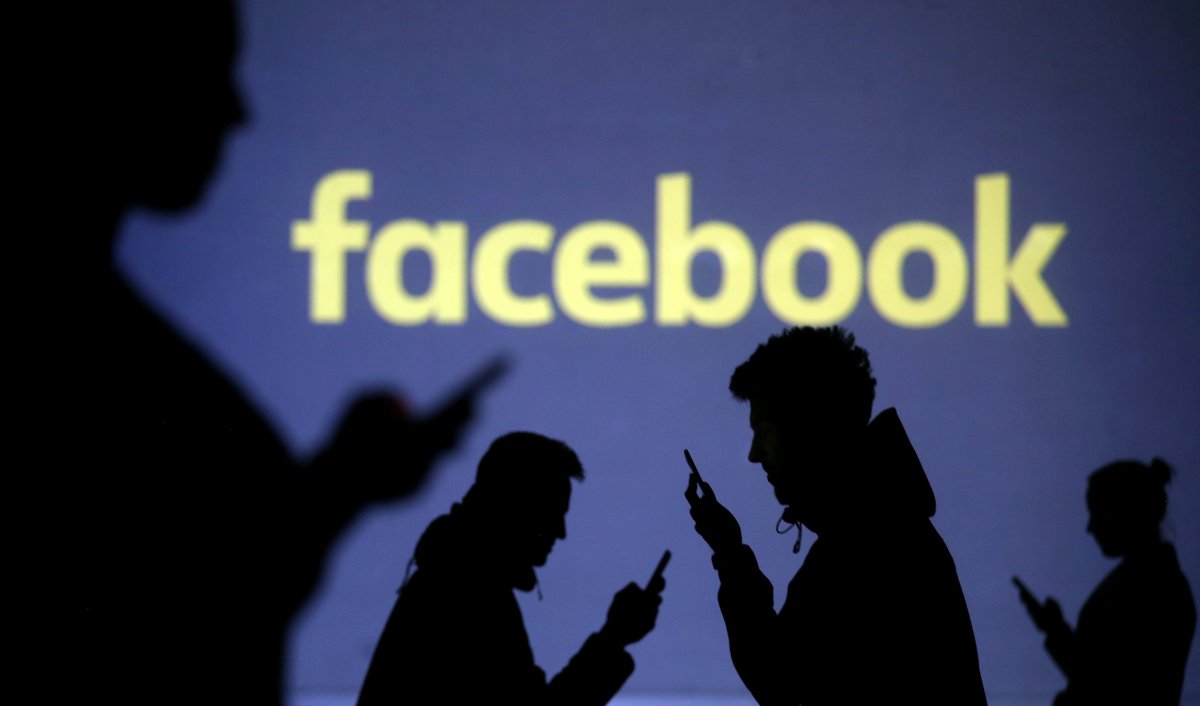Facebook announced Monday that it has suspended around 200 apps over concerns of data misuse.

The apps were suspended following the first phase of an investigation Facebook carried out in response to the Cambridge Analytica data scandal.
READ MORE: 3 out of 4 Facebook users still active despite privacy scandal, Reuters/Ipsos poll finds
Ime Archibong, Facebook’s vice-president of product partnerships, explained in a news release that the apps will be banned once it is confirmed that they actually broke policy.
Facebook said it has looked into thousands of apps as part of an investigation that founder Mark Zuckerberg announced in March.
“There is a lot more work to be done to find all the apps that may have misused people’s Facebook data – and it will take time,” Archibong said.
WATCH: Facebook introduces ‘clear history’ and ‘watch party’ features

In the meantime, Facebook users can check if an app they use has misused their data through this page.
Facebook has not revealed which apps have been suspended, or when further information on them will be available.
It only said that the second phase of the investigation will include interviews and requests for further information on how data is used.
READ MORE: Facebook fires employee who used special access to stalk women
The social media giant did, however, confirm reports that one app called myPersonality has been suspended over concerns that it violated Facebook policy.
“We suspended the mypersonality app almost a month ago because we believe that it may have violated Facebook’s policies. We are currently investigating the app, and if mypersonality refuses to cooperate or fails our audit, we will ban it,” a statement to Global News read.
The app was created in 2007 and allowed users to take psychometric tests and obtain their results instantly.
WATCH: Would making users pay for Facebook fix its privacy problem? Cambridge Analytica scandal explained

A report from website New Scientist said Monday that the app exposed answers to intimate questions for anyone to access online.
It was created by the University of Cambridge, which then distributed the data from the app to hundreds of researchers via a website using “insufficient security provisions, which led it to being left vulnerable to access for four years. Gaining access illicitly was relatively easy,” New Scientist reported.
READ MORE: Facebook, Instagram now tackling bullying and hate speech — automatically
The application collected data from over six million volunteers, according to the University of Cambridge.
“This data was anonymised and samples of it were shared with registered academic collaborators around the world through the myPersonality project, resulting in over 45 scientific publications in peer-reviewed journals,” according to the university.
Other steps Facebook has taken
Facebook has taken several steps in wake of the Cambridge Analytica scandal to make its privacy policy more transparent.
Among the recent changes is an option to “clear history,” which the social media website announced earlier this month.
“This feature will enable you to see the websites and apps that send us information when you use them, delete this information from your account, and turn off our ability to store it associated with your account going forward,” the company explained in a blog post.





Comments